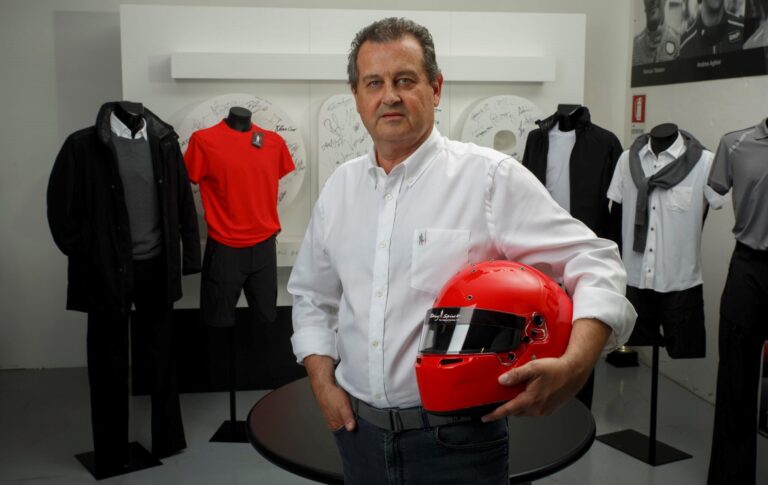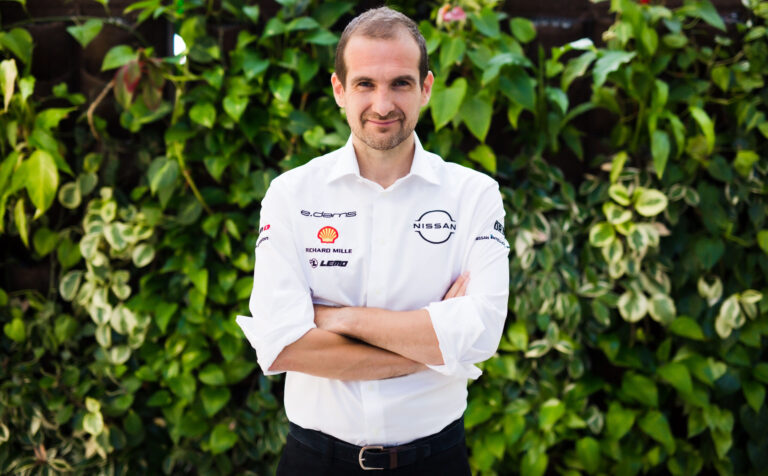Many times we have heard marketing executives saying the sports sponsorship was not the right tool for them because they could not measure the ROI. This statement couldn't be further from the truth and we have interviewed Samantha Lamberti (Managing Director, Nielsen Sports Southern Europe) to understand how analytical and measurable sports sponsorships are today.
What is the role of Nielsen and your team in motorsports?
Nielsen is the global leader in data analytics in the sports and sponsorship sector, including motorsport. Specifically, it helps to support and settle all sponsorship transactions, in particular, to calculate the return on investment of sponsorships and to understand how to maximize the sponsorship account. In particular, we support both the rights holders - the teams, Formula 1, MotoGP -, and the brands in understanding how, or where to invest or the type of investment to request through what is the sponsorship life-cycle.
In the last ten years, the concept and structure of sponsorships have changed a lot. What has changed in your approach and in the services you offer?
Nielsen Sports was born as a company that originally focused on media evaluation, but over the years the customer needs have evolved, and so we did. Over time, indeed, focal points such as the impact of sponsorships on the sales of the sponsoring brand have gained increasing importance. Just last year we released a solution - ROSI 2.0 - which, by leveraging on the know-how of Nielsen, provides the ability to estimate the outcome both predictively and post-event. Nielsen has a Marketing Effectiveness based department that deals with Marketing Mix Modeling for big brands. By using this internal expertise and combining it with Nielsen Sports’ specific data and expertise, we were able to create a model that is able to quantitatively determine the impact on sales and brand equity a brand generates from one or more sponsorships.
Between sports properties and sponsors, who tend to be most interested in these innovative services?
Speaking of sport in general, there are many interested customers: from federations to teams, to organizers of mega-events, to brands that previously did not include sponsorships in their analyzes. The requests grow in number and depth when we talk about sponsorships of significant size. However, we are still in an initial phase where the market needs more checks, but at the same time requires more strictness in understanding the return on investments generated by sponsorships.
Taking a step back and returning to a stage prior to signing the sponsorship, Nielsen is also specialized in sports property support work to create a data-driven business strategy. Can you describe how this step takes place?
Nielsen supports the rights holders throughout the sponsorship cycle: starting from the analysis of the fans, for example, using our database, we build models capable of associating the categories/brands that would benefit the most from the sponsorship, always keeping in mind key data such as viewership, fans’ propensity to buy, brand’s investment capacity.
A very recent trend in sports sponsorships is the esports world. How do you manage it?
We have a department dedicated to esports which, in addition to providing the same services used by traditional sports, also defines the opportunities of joining this sector both for the brand and for the right holders. In particular, we are able to contextualize esports with traditional sports and to explain the main differences to those who still don’t know much about this field.







